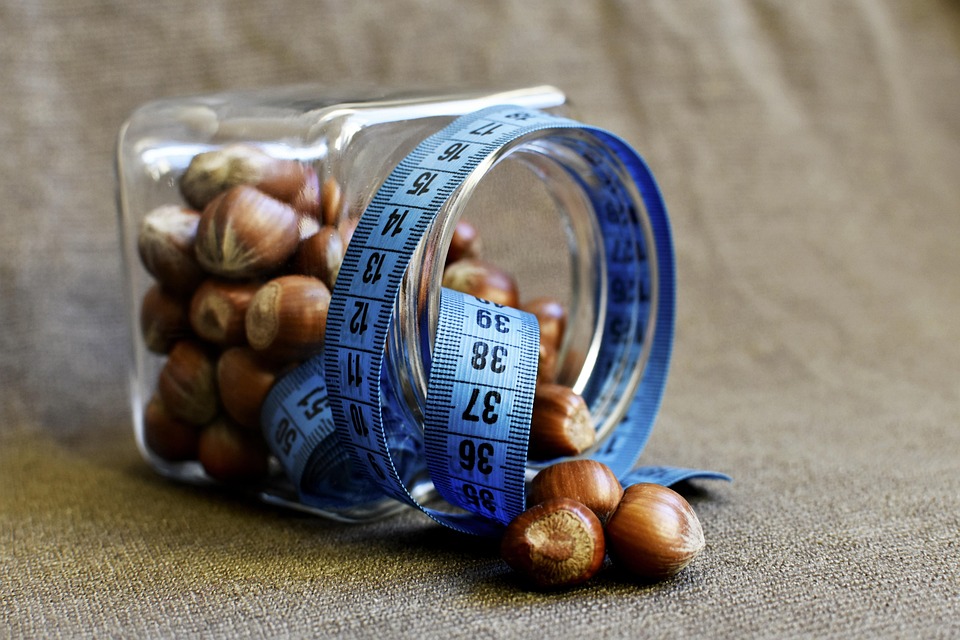Are you frustrated by your inability to gain weight? You’re not alone. Many people struggle with this issue, which can lead to feelings of inadequacy and confusion. Understanding why you might be failing to gain weight is essential for positive change. Whether you’re aiming to build muscle mass, recover from an illness, or simply achieve a healthier body weight, identifying common pitfalls can help you reach your goals effectively.
Understanding Your Metabolism and Body Composition
When it comes to weight gain, one key factor to consider is your metabolism. Metabolism refers to how your body uses food for energy. Some people naturally have a faster metabolism, meaning they burn calories more quickly than they consume them. Research indicates that metabolic rate can be influenced by several factors, including genetics, muscle mass, and physical activity levels (Study: Hall et al., 2012).
Factors Influencing Metabolism
-
Genetics and Hormones: Some individuals are genetically predisposed to a higher metabolic rate. Hormones like thyroxine, produced by the thyroid, also play a significant role in determining how quickly you burn calories (Study: Elder et al., 2015).
-
Muscle Mass: Muscle tissue burns more calories than fat, even at rest. If your body composition leans more towards fat, your metabolic rate may be slower. Increasing muscle mass through strength training can help elevate your metabolism.
- Physical Activity Levels: If you lead a sedentary lifestyle, you may be burning fewer calories, making it harder to gain weight.
Dietary Pitfalls in Weight Gain
Even if you are consuming enough calories, the types of food you eat can hinder your weight gain efforts. Many people underestimate the importance of nutrient-dense foods, which provide the vitamins and minerals your body needs to thrive.
Common Dietary Mistakes
-
Not Consuming Enough Calories: To gain weight, you need to consume more calories than you burn. The general recommendation is to aim for an additional 500 calories per day to gain about a pound per week (Study: Lichtenstein et al., 2001).
-
Focusing on Empty Calories: Foods like sugary snacks and sodas may be high in calories but lack nutritional value. Instead, focus on nutrient-dense options such as nuts, seeds, whole grains, and lean proteins.
- Inadequate Protein Intake: Protein is essential for muscle repair and growth. Aim for at least 1.6-2.2 grams of protein per kilogram of body weight, especially if you’re active (Study: Phillips et al., 2016).
Meal Frequency and Snacking
Consider how often you eat during the day. Some people feel full quickly and may only eat a few meals, which can limit overall calorie intake.
- Frequent Meals: Aim for 5-6 smaller meals throughout the day instead of 2-3 large ones. This can help increase your caloric intake without causing discomfort.
- Healthy Snacks: Incorporate nutrient-dense snacks, such as protein bars, smoothies, or nut butter on whole-grain toast, to increase your calorie consumption.
Psychological Barriers to Weight Gain
Psychological factors can also play a significant role in your struggle to gain weight. Stress, anxiety, or a history of disordered eating can result in a diminished appetite.
Addressing Psychological Factors
-
Mental Health: Stress or anxiety can considerably impact your eating habits. Consider speaking to a mental health professional to address any underlying issues.
- Mindful Eating: Practice being present during meals to find enjoyment in food. This can help with appetite stimulation and make eating a more pleasurable experience.
Lifestyle Factors That Affect Weight Gain
Your overall lifestyle can also contribute to your ability to gain weight. Various habits, both good and bad, can impact your weight journey.
Sleep and Stress Management
-
Sleep Quality: Poor sleep can influence hormones that regulate hunger, making you less likely to feel hungry. Aim for 7-9 hours of quality sleep each night.
- Stress Management: Chronic stress can promote unhealthy eating habits and reduce your desire to eat. Techniques such as yoga, meditation, or even regular exercise can significantly lower stress levels.
Conclusion
If you find yourself asking, “Why am I failing to gain weight?” it’s essential to understand the common pitfalls that may be holding you back. Factors such as metabolism, dietary mistakes, psychological barriers, and lifestyle can significantly impact your weight gain journey. By addressing these issues, including focusing on nutrient-dense foods, staying active, and evaluating your mental health, you can set yourself up for success.
Start implementing one or two changes today, and you may find that the path to gaining weight becomes clearer and more achievable. For more detailed guidance, check out our guide on building muscle mass effectively.
Frequently Asked Questions
Why am I failing to gain weight despite eating more?
If you’re consuming more calories but not gaining weight, it may be due to a fast metabolism, inadequate calorie quality, or a lack of focus on protein intake.
Are there specific foods I should eat to gain weight?
Nutrient-dense foods such as avocados, nuts, seeds, whole grains, and lean proteins are excellent choices to help you gain weight healthily.
Is exercise slowing my weight gain?
While exercise is essential for health, excessive cardio can hinder weight gain. Focus more on strength training to build muscle mass, which can increase your overall weight.
How can I tell if I have a fast metabolism?
If you find that you often feel hungry or struggle to gain weight despite regular eating, you may have a fast metabolism. Consult with a healthcare professional for personalized advice and assessment.
Will stress affect my ability to gain weight?
Yes, chronic stress can lead to reduced appetite and unhealthy eating habits, making weight gain more challenging. Managing stress through mindfulness or physical activity can help.
Can I gain weight without increasing my calorie intake?
Gaining weight generally requires an increased caloric intake. However, focusing on strength training can help build muscle, which may lead to weight gain by optimizing your composition.








